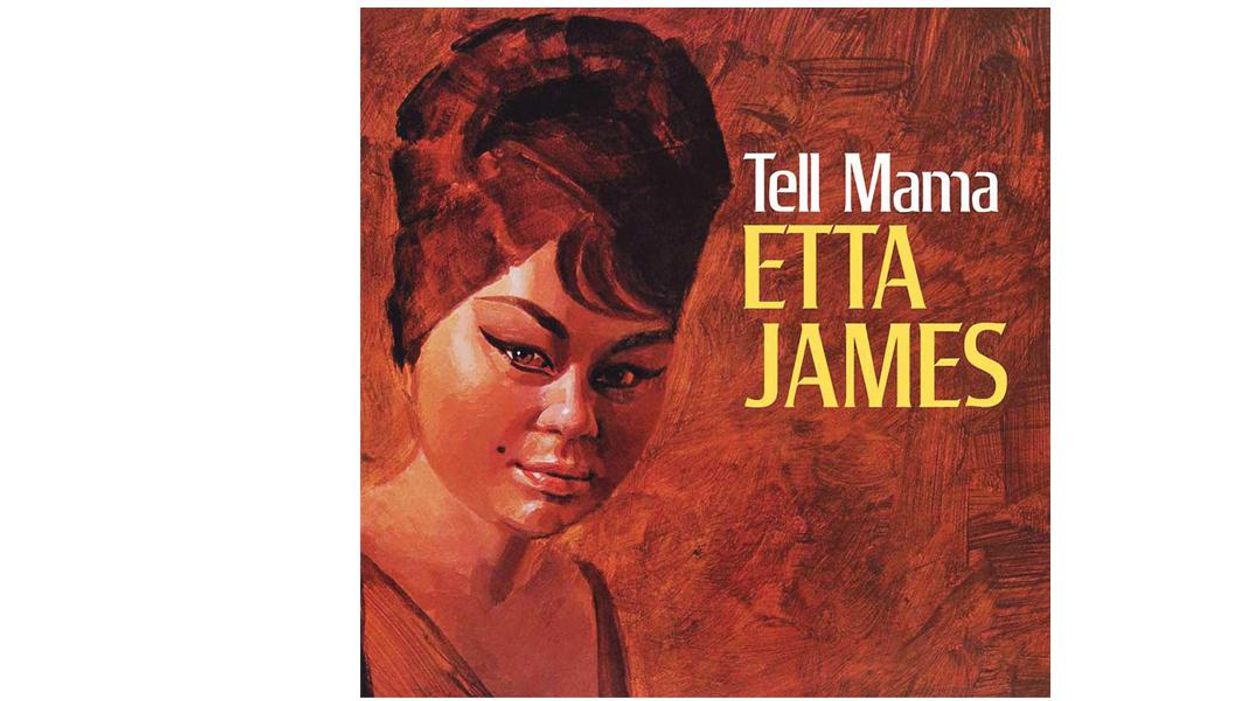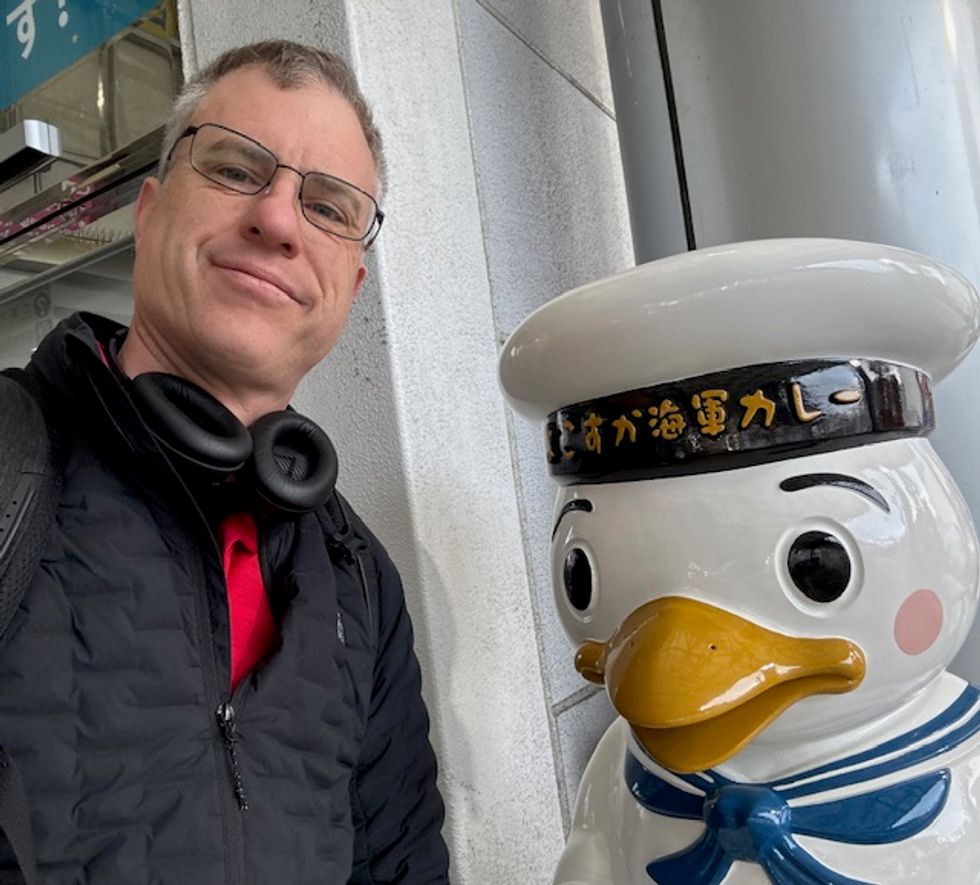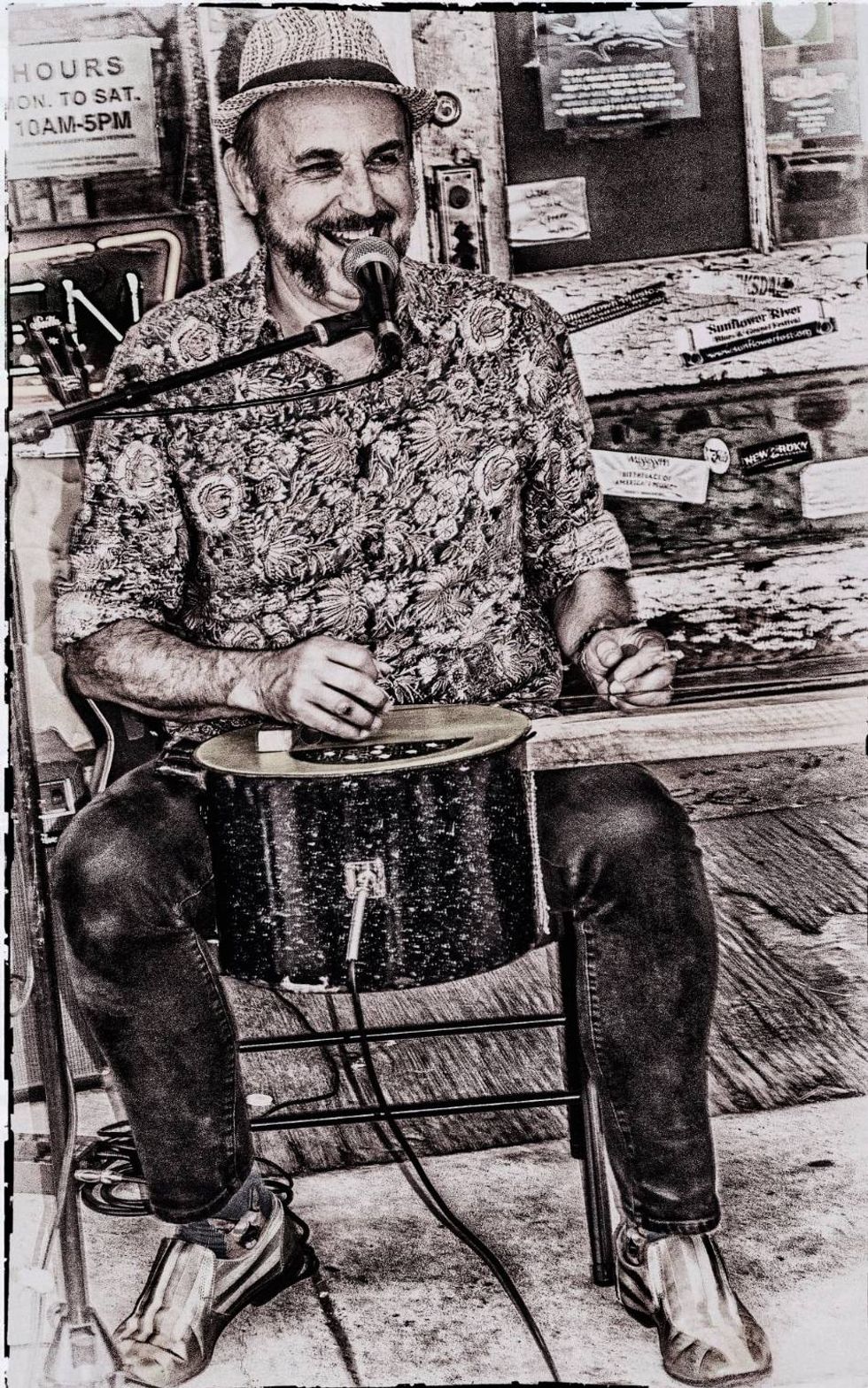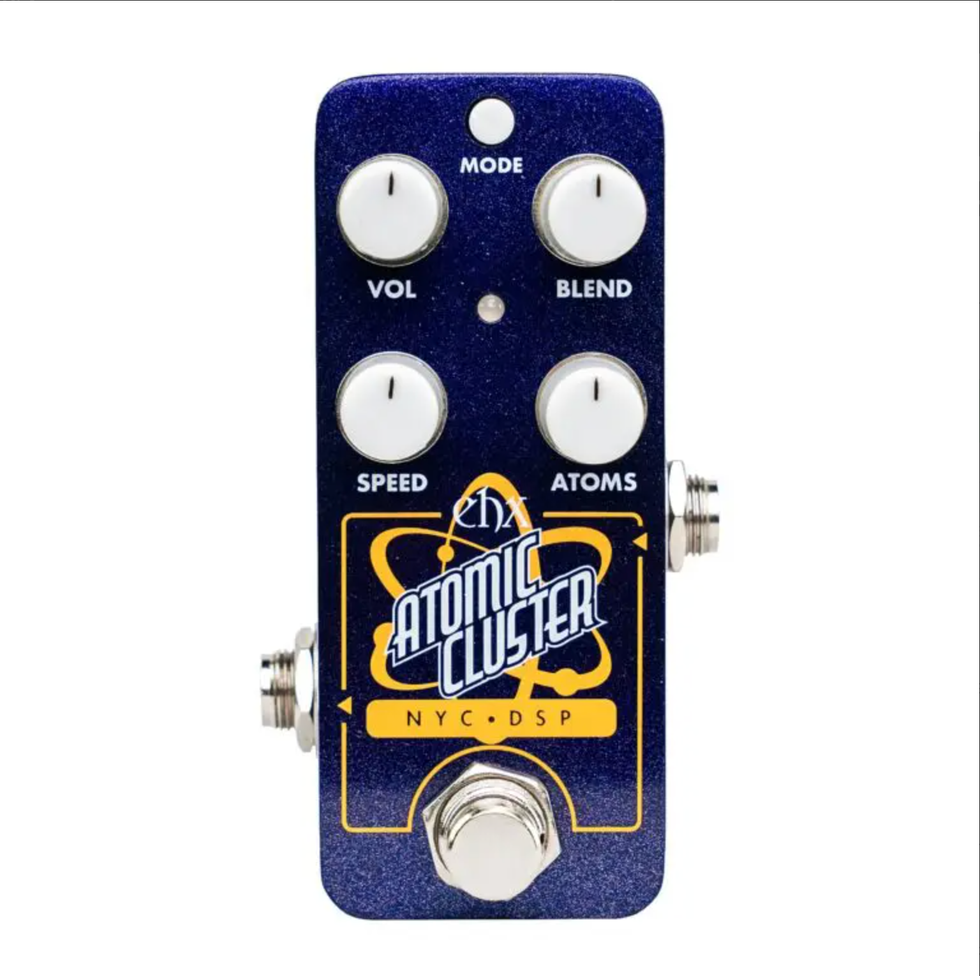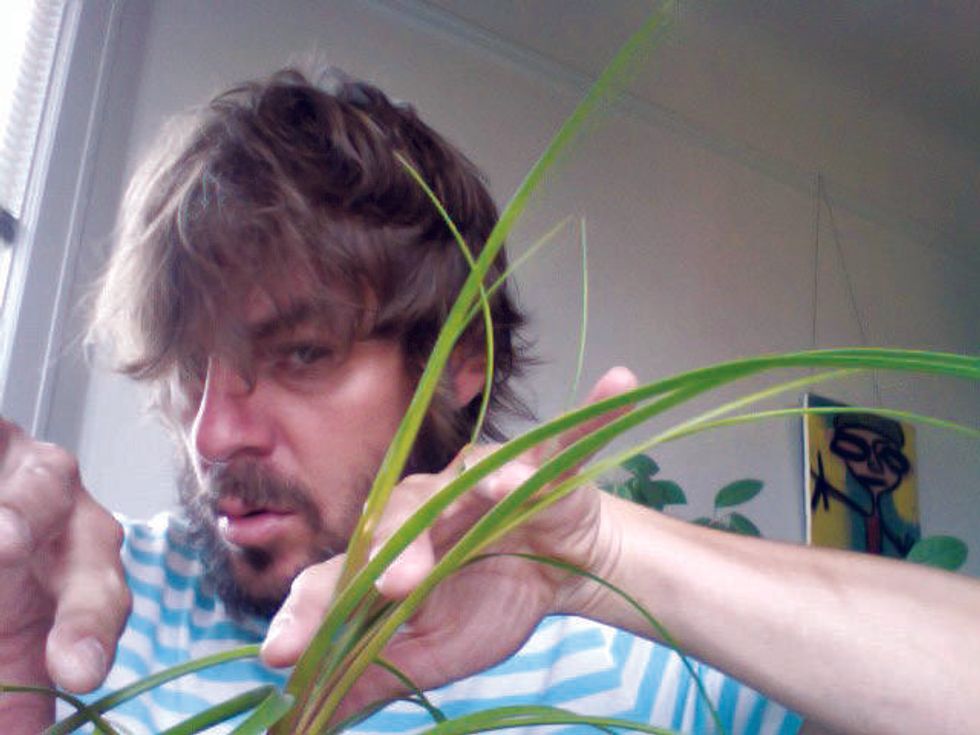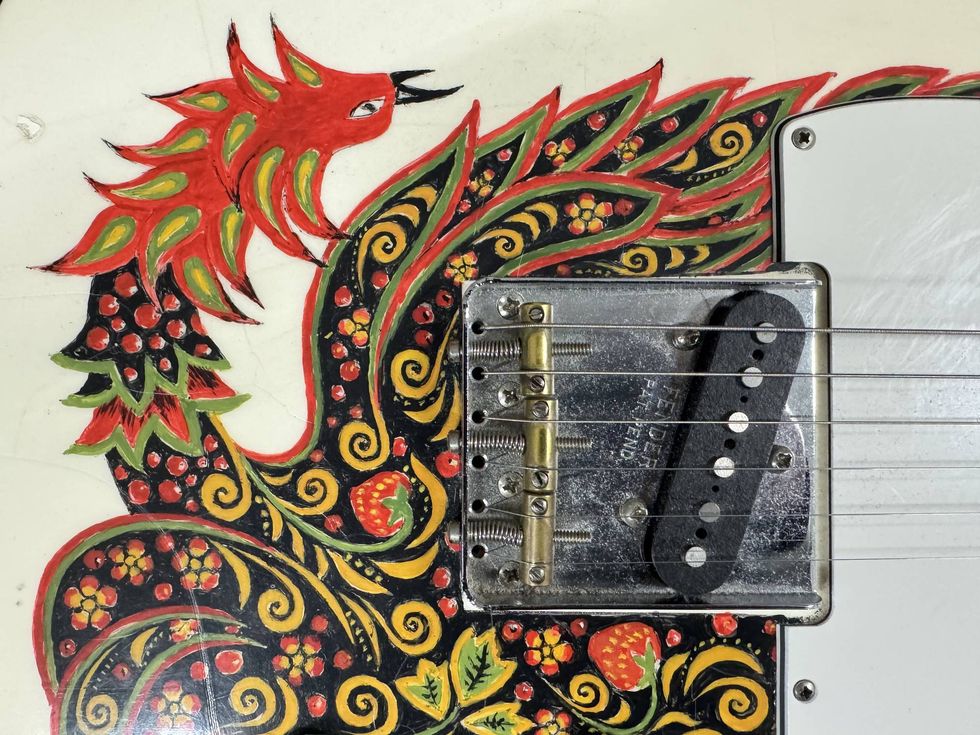“Music is the mediator between the life of the senses and the life of the spirit." —Ludwig van Beethoven
During some mindless YouTube-ry, I happened upon John Mayer's “Slow Dancing in a Burning Room" performance on Live on Letterman from 2013. Mayer's solo seemed genuinely moving, like a let's-just-see-where-the-spirit-takes-it kind of improv. I've played Letterman but never had that kind of performance. I hit the right-ish notes at the right time, but it felt stiff, self-conscious, safe, and boring.
When doing TV gigs, I sometimes get so worried about playing wrong notes that I forget that music is not notes on a page, but rather a living thing: written notes compared to music coming from someone's soul is as similar as an elderly aunt's awkward cheek-kiss compared to a heavy make-out session with somebody you are on fire for. The best musicians manage to, forgive the cliché, keep it real, in spite of film crews, recording engineers, and live audiences. Instagram, YouTube, and our PG site have endless hours of videos documenting musicians who manage to mentally (or perhaps spiritually) get to that emotional/magical place beyond judgment or ego even in the most uncomfortable setting: They leave the stage and get entirely into the music. I think the trick is to stop thinking about the performance—or, worse yet, what people are thinking about your performance—and let music take you somewhere else.
In Mayer's documentary, Some Day I'll Fly, he said, “I used to play guitar in my bedroom and pretend I was onstage. Now, when I'm onstage, I pretend I'm in my bedroom." Either way, when Mayer is connecting with music, he is, at least in some capacity, transported.
Music definitely has a transportive power. If I close my eyes and listen to one minute of the breakdown section of Zep's “Whole Lotta Love," suddenly it's 1983 and I'm in the ample backseat of my high school girlfriend's brother's gas-guzzling Oldsmobile, my head positioned perfectly between two cranked Kraco speakers, feeling euphoric, aroused, a little scared, and very high.
But music is more than just a powerful mnemonic device allowing you to relive past love, heartbreak, and everything in between as convincing as the best dream. Music shifts our minds, much like meditation, giving us everything from happiness to a sense of oneness with the universe. I suspect the first step toward invoking the magic in music is the same first step when connecting to the magic of meditation, prayer, astral projection, or kissing: close your eyes.
We all close our eyes when trying to enhance other senses, like when we're trying to remember something, or listen to something that is barely audible. Recent research by Talma Hendler, a neuroscientist and psychiatrist at Tel Aviv University in Israel, suggests that shutting your eyes causes you to enter into a different state of mind. According to an article in Live Science: “Brain scans revealed that activity ramped up in the amygdala, a primary center for emotion in the brain. In turn, the amygdala fired up brain regions linked with vigilance to the environment and regulation of emotion." Strangely enough, being in a totally dark room with your eyes open doesn't do the same thing. To get there, you have to close your eyes.
Watch performances by Emily Remler, her eyes shut, rocking back and forth with her head tilted toward heaven as she ferociously swings those crazy runs, or SRV beating his Strat like it owes him money, grimacing with his eyes scrunched shut.
I bet any guitarist whose music makes you feel something plays with their eyes closed when they are deepest in the zone. When I hear musicians in that magic place, I get the feeling that they are not in this physical reality, and if I close my eyes and listen intently, it kind of takes me along.
Sure, there's a lot of chemical stimulation going on, with music giving you a hit of dopamine and oxytocin while the closed-eyes phenomenon activates your amygdala, but it feels a bit beyond that—like we are tip-toeing toward the place where science and religion unite.
We're dipping into René Descartes cogito, ergo sum territory, but stay with me. There's no defining what this magical, out-of-body, at-one-with-the-universe state is, but we knowthat it is.
My guess is that when AI cracks the code on Star Trek-like “beam me up" technology, it's not going to be some clunky mechanical transportation machine with a red-shirted tech pushing big multi-colored flashing buttons. I bet it's going to bypass the material world and deal more with our brains/thoughts/spirit.
We're currently living during the advent of string theory, where anything is possible. What I'm writing may seem like magical thinking, but so does prayer, meditation, synchronicity, and love (all things I've doubted yet embraced). Even the most hardened skeptics feel magic when they close their eyes while listening to Jeff Buckley sing “Hallelujah."







